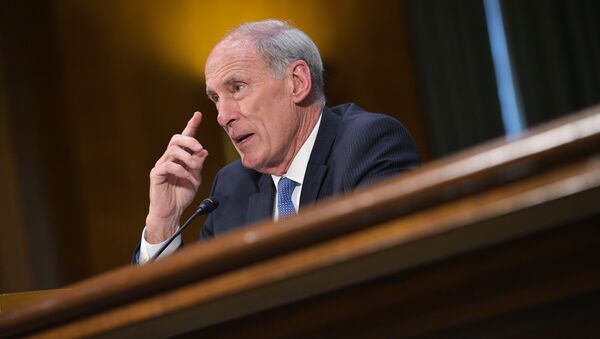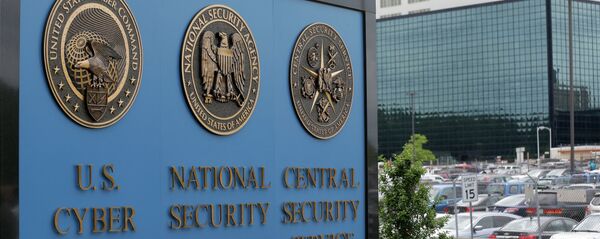"Key provisions of the policy include: A requirement that only IC [intelligence community] element heads or their designees may approve requests for US person identity information, documentation for names or titles of individuals who will receive the information [and] a fact-based justification for each request," the guidance said.
Coats issued the guidance hours after the US House of Representatives reauthorized a provision in the Foreign Intelligence Surveillance Act (FISA) that allows warrantless intercepts of foreign terror suspects in a 256-164 vote.
The measure passed despite broad opposition from both Democratic and Republican privacy advocates, especially libertarian-leaning conservatives, who believe the law was misused during the Obama administration to spy on Trump’s 2016 presidential campaign and subsequent transition team.
Requests to identify Americans in intelligence intercepts reportedly numbered in the hundreds during the final days of the Obama administration.
In addition, leaked transcripts of comments by Trump aides – unmasked under procedures that Coats sought to limit with his guidance on Thursday — lead to a series of unverified media reports of collusion between Trump associates and Russian intelligence.
The leaks were at least partly responsible for the launch of multiple congressional and Justice Department investigations targeting Russia, as well as charges by Trump that his campaign and transition had been bugged by the Obama administration.



